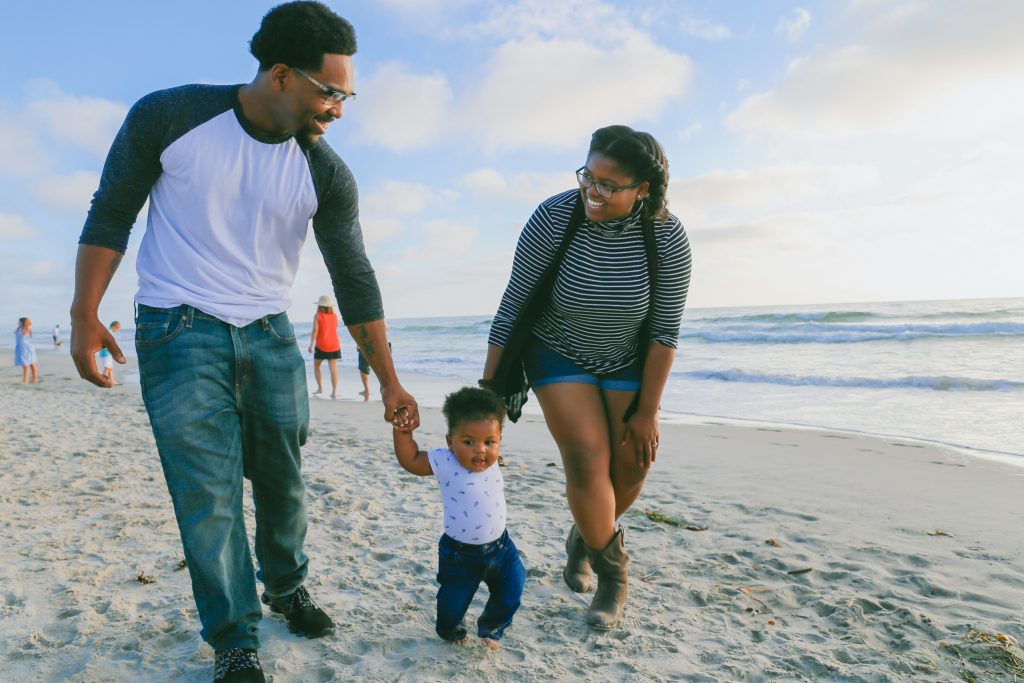A Win for Women and Women’s Sports: Guest Column

Earlier this month, the Court of Arbitration for Sport, an international court for sports governance, rejected a challenge from trans-identifying swimmer Lia Thomas to overturn policies that prevent men from competing in women-only “elite” swimming events.
Thomas, a man claiming to be a woman, is the former University of Pennsylvania swimmer who won the national championship in women’s swimming. He was seeking to overturn the policy in hopes of competing in the 2024 Olympics. However, the policy issued by World Aquatics, the body that governs elite swimming competitions, protects women’s swimming competitions from trans-identifying men who have gone through male puberty.
Women deserve the safety and opportunity that comes with competing on an even playing field—with other women. And the court’s decision to uphold this policy helps ensure that safety and opportunity for women will continue, even in our strange new world.
The World Aquatics celebrated the court’s decision. As they said, “we believe [it] is a major step forward in our efforts to protect women’s sport.” Let’s hope the sanity continues.
Copyright 2024 by the Colson Center for Christian Worldview. Reprinted from BreakPoint.org with permission.





